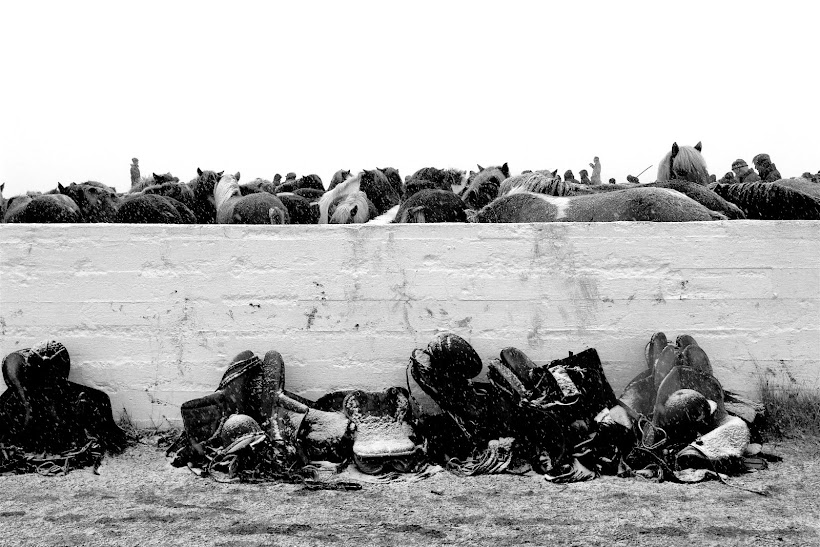Society and racehorse culture continue to tryingly adjust to the new age of horseracing. Racing jurisdictions became overly permissive regarding medications through the past, the pro-medication argument being to protect the health and assure the comfort and well-being of the horse. The medication experiment went too far, and has failed, with widespread medicating resulting in the adaptability of the horse being exceeded (Eight Belles and too many others).
Racing jurisdictions and regulatory veterinarians are working diligently to improve racing safety and thoroughbred soundness. Previously accepted medication practices are being rescinded on a widespread basis in response to the untoward shift of racehorse medications to achieve competitive advantage. Across the board this year medication has been significantly reduced. Pre-race and post race examinations have been intensified. Soundness concerns (The Pamplemousse) and medication incidents will remain prevalent as we adjust the management of our relationship with the horse.
The blame lies with us all, and it is all of us who must contribute to make racing safer, and to improve the competitive ethic and our relationship with the horse.
In time horsemanship will once again replace medication, and the horse will be appropriately considered, and allowed to race with its senses fully intact. Blinkers take the sense of sight partially away from horses. Nose and mouth aids take the sense of smell and vomeronasal insight away from horses. There is a long tradition of masking these senses in horseracing.
Why do trainers take these senses away from horses? They do it so the horse focuses on the race and does not spook or become unmanageable, in many trainer's minds they do it for the safety and welfare of the horse. The industry is sorting through all this in the best interests of the horse. These practices are subject to change, and the change, while welcome and timely, will be painful at times.
Dr Gustafson provides consultations regarding the design and management of equine facilities to best accommodate the inherent nature and behavior of horses. He provides information and management assistance creating natural approaches to maintain equine health, prevent diseases, and resolve lameness.
